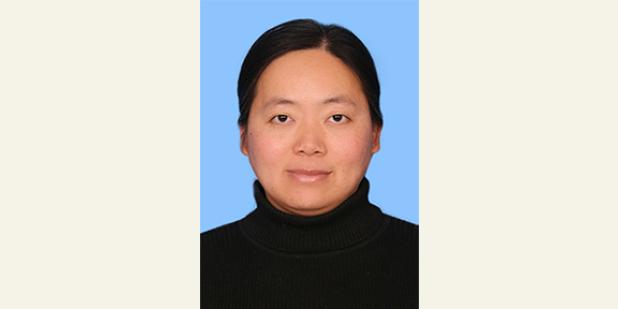Join us for a free one-day workshop for educators at the Japanese American National Museum, hosted by the USC U.S.-China Institute and the National Consortium for Teaching about Asia. This workshop will include a guided tour of the beloved exhibition Common Ground: The Heart of Community, slated to close permanently in January 2025. Following the tour, learn strategies for engaging students in the primary source artifacts, images, and documents found in JANM’s vast collection and discover classroom-ready resources to support teaching and learning about the Japanese American experience.
Implementation of Exclusionary Rules in China: Challenges and Potential Solutions
The UCLA Center for Chinese Studies presents a talk by Guo Zhiyuan on exclusion of illegally obtained evidence in China.
Where

Talk by Guo Zhiyuan, China University of Political Science and Law, Beijing
The exclusion of illegally obtained evidence has long been the focus of theoretical research and legislative reform in China. After years of efforts, the exclusionary rules have finally found its foothold in Chinese statute. However, after the exclusionary rule has been officially established, the initial reform fervor has given way to a difficult slog of changing actual practice. This article is based on a comprehensive empirical survey on the implementation of the exclusionary rule conducted by the author as the primary investigator.
This article will address three key issues that stood out in the empirical surveys: the definition and scope of illegally obtained confession, proof of illegally obtained confession, and suppression hearing. In addressing each issue, the author will follow the similar structure: firstly share the empirical findings on the implementation of the exclusionary rule across the country, then examine the contributing factors causing the failure of implementation, and identify the existing challenges China encountered in implementing the new rules, last put forward some potential solutions to these problems based on comparative study and special situation of China.
Guo Zhiyuan is a Professor of Law at China University of Political Science and Law (CUPL) in Beijing, where she specializes in Criminal Procedure, Evidence, International Human Rights Law and Law and Society Studies.Her research interests include exclusionary rules of evidence, Plea Bargaining, Effective Counsel, and Criminal Mental Health Law. She was appointed as Fulbright Research Scholar for 2015-2016 and is visiting Stanford Law School.
Sponsor(s): Center for Chinese Studies, UCLA Law, International Comparative Law Program (ICLP) at UCLA School of Law
Featured Articles
Please join us for the Grad Mixer! Hosted by USC Annenberg Office of International Affairs, Enjoy food, drink and conversation with fellow students across USC Annenberg. Graduate students from any field are welcome to join, so it is a great opportunity to meet fellow students with IR/foreign policy-related research topics and interests.
RSVP link: https://forms.gle/1zer188RE9dCS6Ho6
Events
Hosted by USC Annenberg Office of International Affairs, enjoy food, drink and conversation with fellow international students.
Join us for an in-person conversation on Thursday, November 7th at 4pm with author David M. Lampton as he discusses his new book, Living U.S.-China Relations: From Cold War to Cold War. The book examines the history of U.S.-China relations across eight U.S. presidential administrations.




